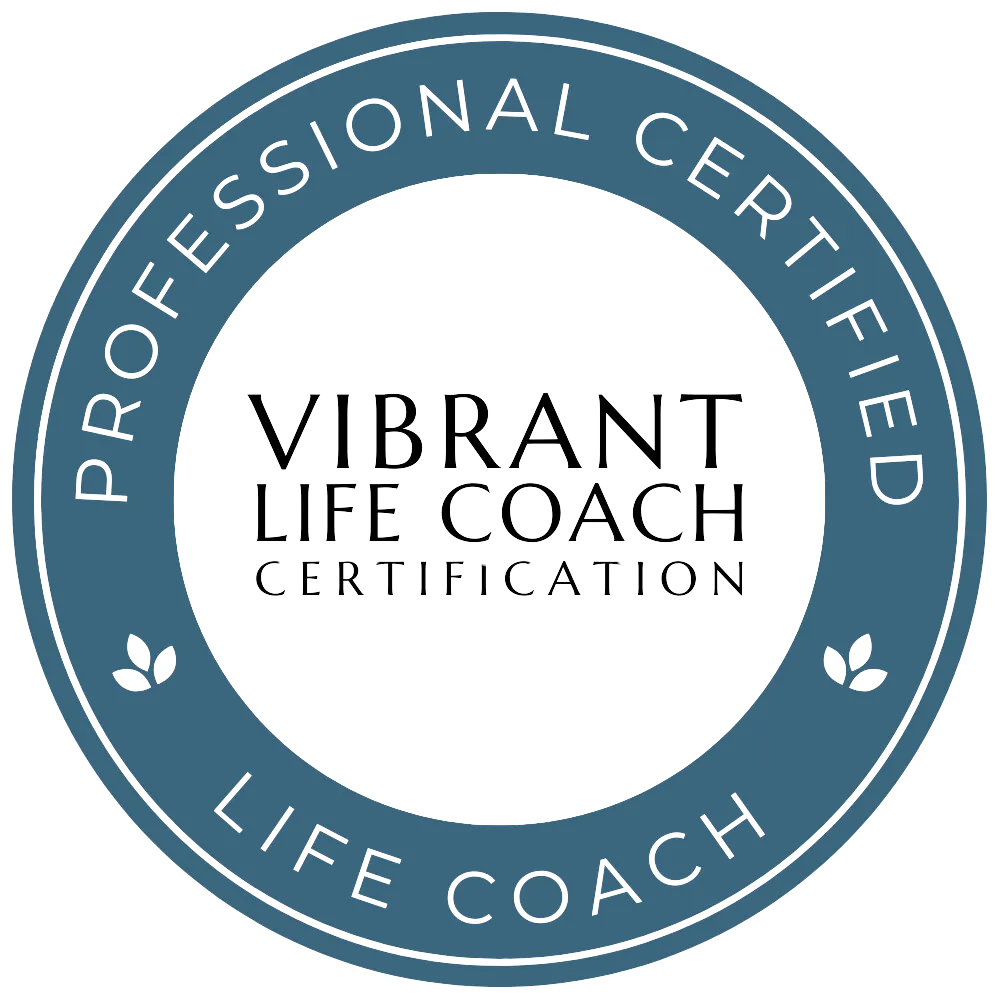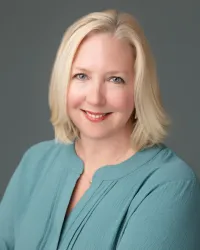The Boundary Boost
Practical advice, insightful strategies, and real-life examples to help you create a balanced and fulfilling life through healthy boundary setting.
Subscribe now to get your weekly boost — direct to your inbox!

Budgeting with Boundaries: Putting Your Money Where Your Values Are
When we think about budgeting, the first things that usually come to mind are numbers, spreadsheets, and cutting back on things we enjoy. But what if budgeting could be something more? What if, instead of just managing your money, it could be a way to live more fully, intentionally, and in alignment with your values?
This is where the concept of "paying yourself first" comes into play—not just in the traditional sense of saving or buying that new outfit, but as an invitation to put your money where your values are. It's about ensuring that every dollar you spend reflects what's most important to you, rather than what’s most urgent or tempting in the moment.
What Does "Paying Yourself First" Really Mean?
When I was growing up, my dad always used to say, “pay yourself first.” But I never really understood what it meant.
Like most, I assumed that “pay yourself first” was a rule for saving: before you spend on anything else, you save a portion of your income. This is essential advice, of course. But what if it could mean more than just socking away money for a rainy day? What if it also meant making sure that your spending choices reflect the person you want to be and the life you want to create?
For example, paying yourself first isn’t just about saving for retirement. It’s about investing in the things that make your life feel rich—experiences that build memories with loved ones, opportunities for growth and self-care, and creating a financial cushion that supports your emotional well-being. It’s not just a transaction; it’s a mindset shift.
One of the most powerful things you can do is align your spending with your values. And to do that, you need to get clear about what those values are.
What Are Your True Values?
A big part of this shift is identifying what truly matters to you. It’s easy to get caught up in external pressures—social media ads, the latest trends, or even the expectations of others. But when you pause to reflect on your own values, the way you look at your money can shift dramatically.
Maybe it’s your family, and you want to prioritize experiences that bring you closer together. Or perhaps it’s your health, and you're willing to invest in better food, wellness routines, or healthcare. Whatever it is, your values are the compass that should guide your financial decisions.
As you read this, take a moment to ask yourself: When you look at where your money is going, is it aligned with your values? If not, what small changes can you make today to start redirecting it?
For a long time, I struggled with the belief that I couldn’t do the things that I valued because by the time all the other priorities—bills, family’s needs and wants—there was nothing left for me. Of course, I valued security (pay those bills, pay down that debt!) and I want my family to be happy and nurtured—but I also realized that above all of those things, I had a deep desire to nurture myself, have my own experiences, and grow personally, emotionally, professionally, and spiritually. (And honestly, if mama ain’t happy, ain’t no one happy—am I right?) And it wasn’t just about squirreling away a little money for myself (yes, I do that—I call it my Freedom Fund!), but I need to have a plan for what I truly wanted to do with it. I started small, coffee dates with friends, a meditation class, buying a Groupon for a spa day, all things that spoke directly to my personal needs and values. Over time—gradually!—as my confidence grew, so did my aspirations. I’ve since “paid myself first” by traveling to women’s retreats, getting my life coach certification, and starting my own business! (All while paying off a ton of debt and meeting my family’s needs.)
Money as a Tool for Empowerment
Many people think of money as a tool for survival, security, or instant gratification. But when you start viewing money through the lens of values, it becomes a powerful tool for empowerment. You’re no longer just paying bills or making purchases out of habit—you’re making intentional choices that serve your bigger picture.
Take my “paying myself first” story—when I first started consciously budgeting with my values in mind, I noticed something powerful. I didn’t feel guilty about spending money on things that aligned with my priorities—whether that was a meaningful experience with my family or an investment in my personal development. I had boundaries in place that allowed me to be intentional with where my money went, without feeling deprived.
This mindset shift doesn’t just apply to big purchases. It influences everyday spending decisions, from choosing a meal out to how you treat yourself on a busy workday. Paying yourself first means setting boundaries not just on what you spend, but on what you don’t spend on, and why.
The Power of Intentional Spending
So how do you start aligning your budget with your values? It’s less about "budgeting rules" and more about creating a system that reflects the person you want to be. Think about it this way: every time you pull out your card or transfer money, you are reinforcing what you stand for. And by doing so, you empower yourself to make decisions that feel aligned with your bigger vision.
For example, instead of getting sucked into sales or promotions that don't serve your long-term goals, you might choose to spend on things that support your vision for a healthy and balanced life—whether that’s a cooking class, a personal development course, or a gym membership that keeps you energized.
What you might discover is that once you align your spending with what truly matters, the guilt and anxiety often associated with money start to fade away. Rather than feeling torn between "wants" and "needs," you’ll begin to see your purchases as investments in your happiness and future.
Redefining Financial Boundaries
Setting boundaries around your spending isn’t about saying no to everything you enjoy; it's about knowing where to draw the line in a way that serves you. It’s about saying “yes” to the things that align with your bigger vision and creating financial space for the things that really matter.
A simple way to start redefining your financial boundaries is by questioning every purchase with this: Does this align with who I want to be and where I’m going in life? If the answer is no, it doesn’t mean you’re being deprived—it means you’re making space for something better. By creating boundaries around your spending, you’re freeing yourself from the guilt and regret that often comes with impulse buys or unthoughtful spending.
You might remember in my previous blog, I talked about how my mom always used to say “We’re on austerity!” Looking back, I know that we were not really pinching every penny to make ends meet. What my mom really needed was a reframe (and this is true): “We’re cutting back in some areas so that we can get an inground pool!” (Wow, that would have made me feel so much better about it then!)
Moving Beyond Guilt
There’s a lot of guilt that can come with spending money—whether it’s because you feel you "should" be saving more or because you’ve spent on things that don’t feel worth it in hindsight. The trick is to release that guilt by choosing to spend consciously, with intention. When you make decisions based on your values, there’s no room for guilt. You’re no longer reacting to external pressure or quick fixes—you’re choosing your future, today.
And when you set financial boundaries based on what’s truly important to you, you stop chasing fleeting pleasures. You realize that the real joy comes from the things that align with your long-term vision—those moments, memories, and investments that move you closer to your personal goals.
Before I started paying myself first, I felt an immense amount of guilt, having fallen into the trap of the supermom myth: everyone else had to go first, that’s just the way it had to be. But once I realized that doing for everyone first did not actually make me feel better or happier—it made me feel resentful, frustrated, and trapped, it was hurting me—I found better clarity and confidence to start taking better care of myself first. And it has made ALL THE DIFFERENCE.
Closing Thoughts: Empowering Yourself with Boundaries
When you begin to budget with boundaries, you create space for what matters most. You stop seeing your money as a means to an end and start viewing it as a powerful tool for creating the life you’ve always wanted. So, what will it take for you to put your money where your values are?
Think about it: what would your financial life look like if you made the commitment to spend with intention, prioritize what’s most important to you, and set boundaries around what doesn’t serve you? You’d not only feel more empowered, but you’d be living in a way that aligns with your deeper purpose.
It’s time to make budgeting more than just balancing your checkbook. Let it be an invitation to live with intention, to empower yourself, and to make every dollar work toward the life you truly deserve.

Explore
HOME
ABOUT
WORK WITH ME
BLOG
On Social
YOUTUBE
Copyright 2025 | Steph Koenig Coaching | Terms & Conditions

